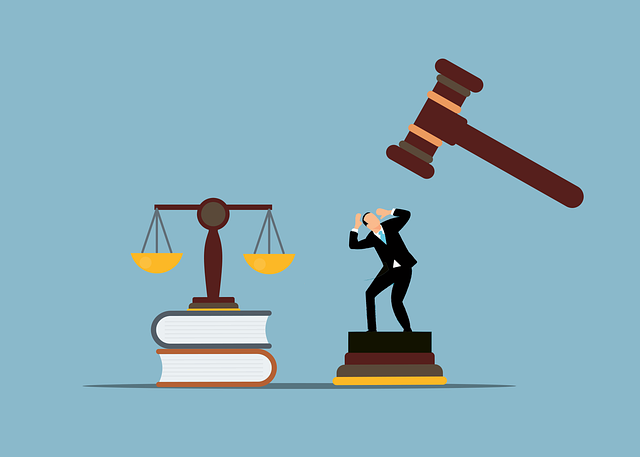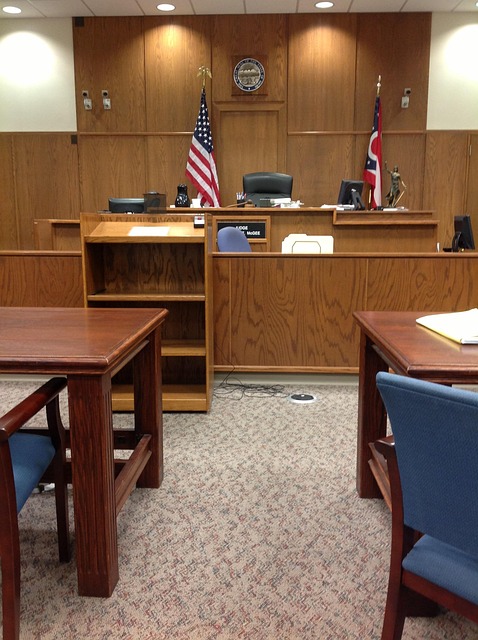Injury arbitration offers a flexible and efficient dispute resolution alternative to court, with parties selecting attorneys presenting cases to a neutral third-party arbitrator. Key arbitrator criteria include expertise in personal injury law, successful case history, legal knowledge, medical evidence evaluation, insurance policy interpretation, and damages determination. Impartiality, confidentiality, and alternative dispute resolution experience are paramount for fairness in resolving sensitive injuries like truck accidents. Joint selection by parties ensures impartiality with an expert committed to fairness, crucial for understanding unique case circumstances like auto or slip-and-fall injuries.
Injury disputes often turn to arbitration as a swift and private alternative to court. This article explores the intricate process of selecting arbitrators in such cases, delving into the criteria that ensure fairness and expertise. We’ll guide you through understanding the injury arbitration process, from initial selection to the role of arbitrators in reaching a binding decision. Discover how these impartial third parties are chosen to navigate complex injury claims, offering a structured approach for a quicker resolution.
- Understanding Injury Arbitration Process
- Selection Criteria for Arbitrators
- Ensuring Fairness in Injury Dispute Resolution
Understanding Injury Arbitration Process

Injury arbitration is a structured process designed to resolve disputes outside of traditional court settings. When parties involved in an injury case—be it a car accident, defective product incident, or business litigation—opt for arbitration, they choose a neutral third party, known as an arbitrator, to listen to both sides and make a binding decision. This alternative dispute resolution (ADR) method offers a more flexible, often faster, and potentially less expensive path to resolving legal conflicts compared to going to trial.
The process begins with each party selecting their own attorney, who will present their case to the arbitrator. Unlike in court, where judges maintain strict rules of evidence and procedure, arbitrators have broader discretion to set their own guidelines. They may conduct hearings, review documents, and even visit accident sites—all to gain a comprehensive understanding of the injury dispute before rendering a verdict. The arbitrator’s decision is final and legally binding, making it an attractive option for those seeking swift resolutions in personal injury cases or complex business litigation scenarios.
Selection Criteria for Arbitrators

When selecting arbitrators for injury disputes, several key criteria come into play. These include expertise in personal injury law and a proven track record in handling similar cases. Arbitrators should possess exceptional legal knowledge, strong analytical skills, and a deep understanding of case law relevant to injury arbitration. Their experience in evaluating medical evidence, interpreting insurance policies, and assessing damages is invaluable.
Additionally, arbitrators are chosen for their impartiality and ability to maintain confidentiality. Given the sensitive nature of personal injury cases, particularly truck accident injuries, it’s crucial that the arbitrator can create a fair and private environment for all parties involved. An ideal arbitrator should also have a background in alternative dispute resolution, demonstrating proficiency in mediating or resolving conflicts without going to trial, much like how an accident attorney might navigate complex legal matters outside of court.
Ensuring Fairness in Injury Dispute Resolution

Ensuring fairness is a cornerstone of injury dispute resolution, especially in arbitration where parties seek justice outside traditional courts. The process of selecting arbitrators plays a pivotal role in maintaining impartiality and objectivity throughout the proceedings. Typically, an arbitrator is chosen jointly by both parties involved in the dispute, ensuring a balanced approach. This collaborative selection method encourages agreement on an individual with demonstrated expertise in injury law and a commitment to fairness.
In personal injury cases, such as those involving auto accidents or slip and fall injuries, having an impartial third party is crucial. The arbitrator must possess not only legal knowledge but also the ability to empathise with the unique circumstances of each case. Moreover, experience in handling similar disputes, perhaps even as a former truck accident attorney, can contribute to a deeper understanding of the challenges faced by victims, thereby fostering a more equitable resolution process.
Choosing the right arbitrators is a critical step in ensuring a fair and efficient resolution for injury disputes. By understanding the selection criteria and implementing measures to guarantee impartiality, parties can navigate this alternative dispute resolution process with confidence. Injury arbitration offers a faster, more private avenue compared to traditional litigation, making it an attractive option for those seeking swift justice.






